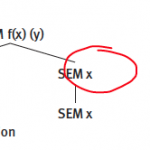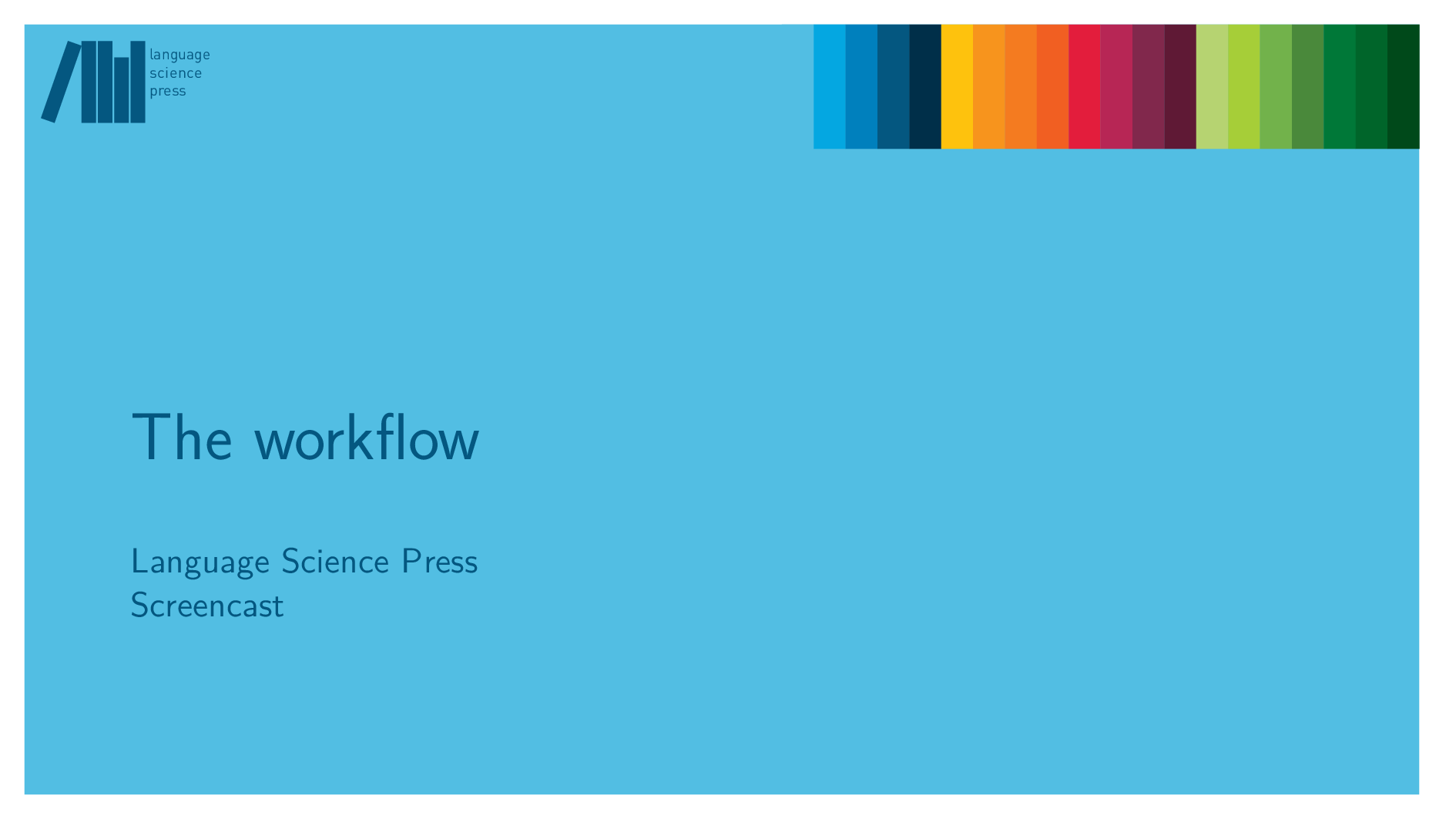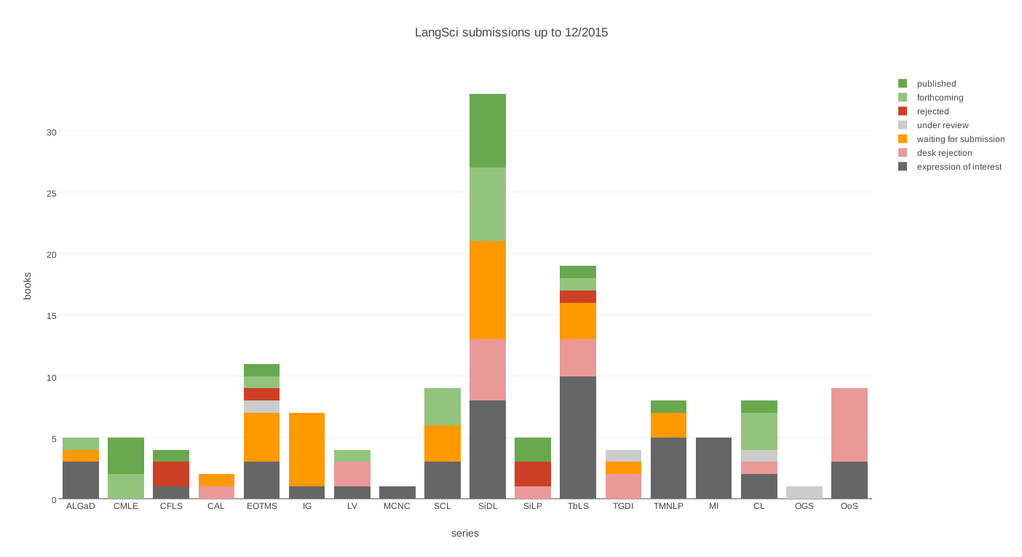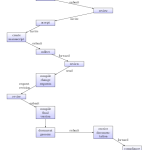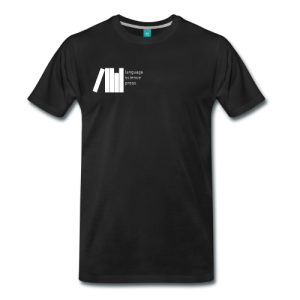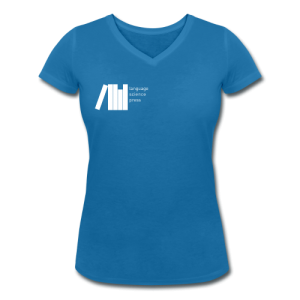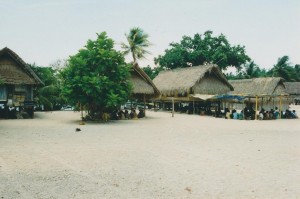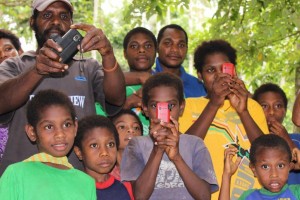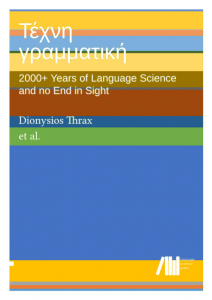
In order to establish a viable funding model for Open Access publications, one has to know the costs attached to creating an article or a book.
The sums quoted vary wildly, between 10 USD and 40,000 GBP for an article, and 1000 EUR and 25,000 EUR for a monograph.
In order to shed some light on the issue, we will share our data relating to the publication of monographs.
Calculating the costs: top-down
We are currently funded by the DFG with about 580k€ for a two year period. As a first approach, one could take the sum for one year, i.e. 290k€ and divide it by the number of publications, 9 to day. This leaves us with around 30k€ for a book. Continue reading →
